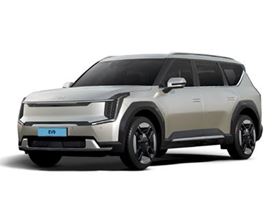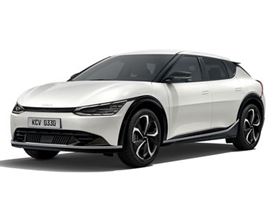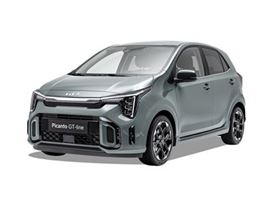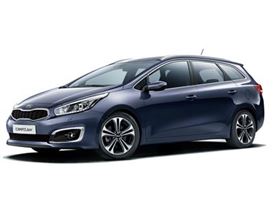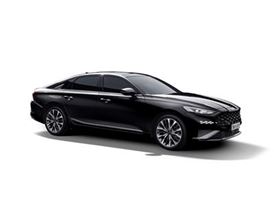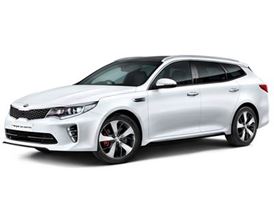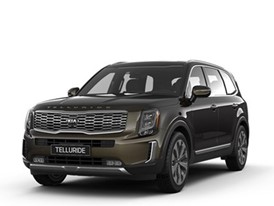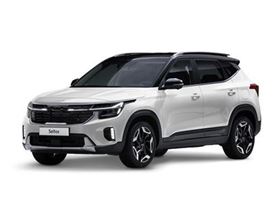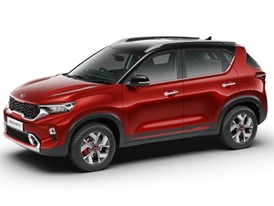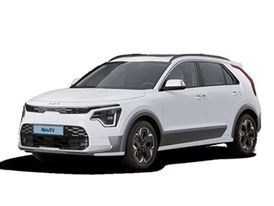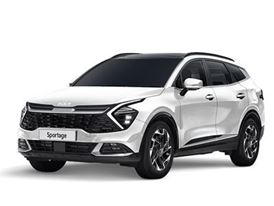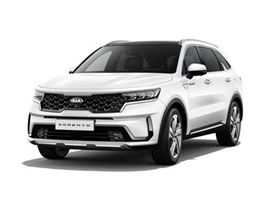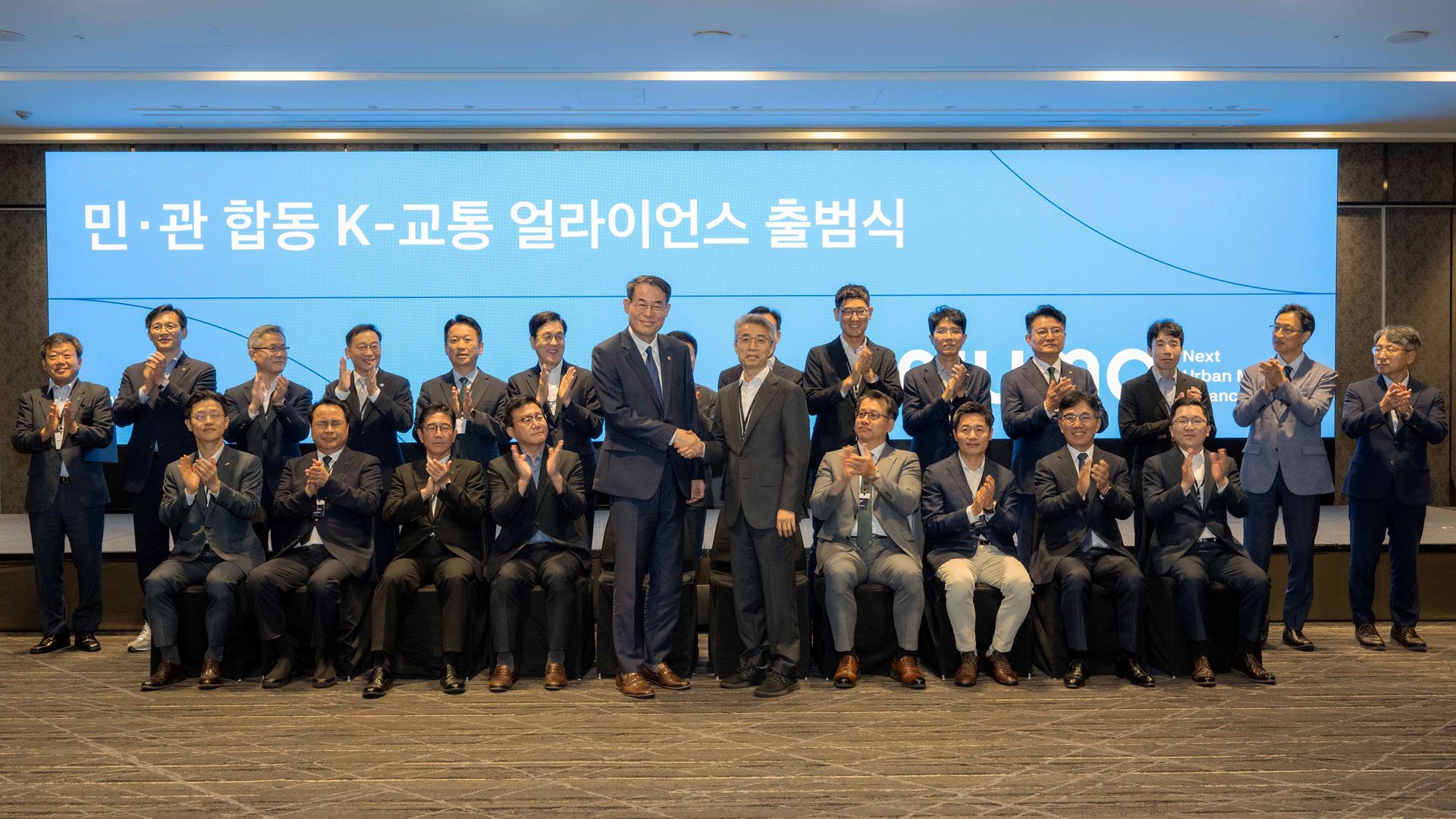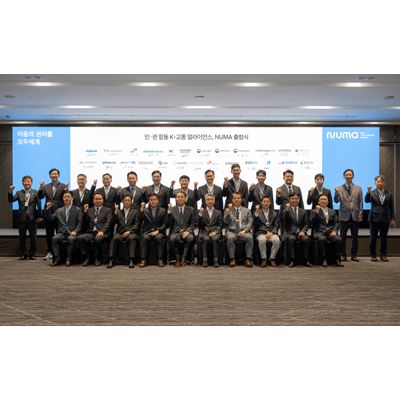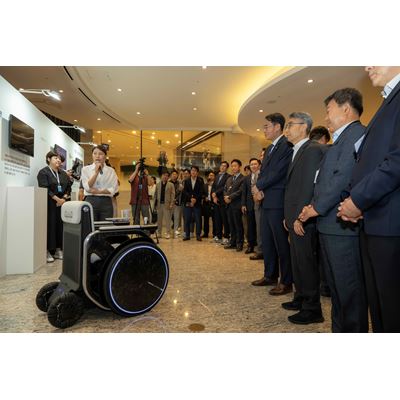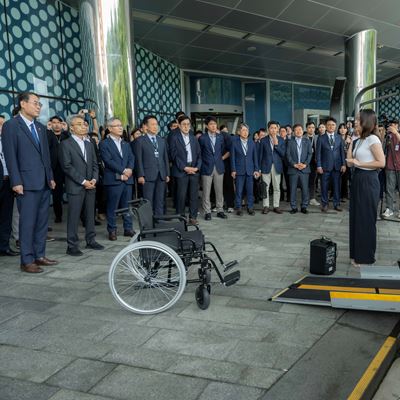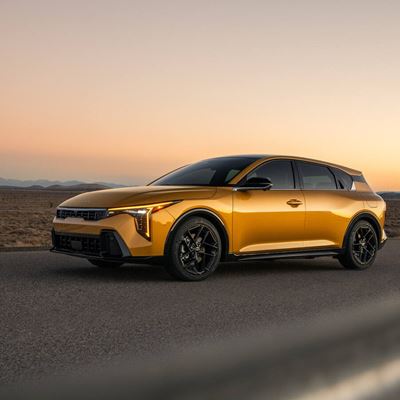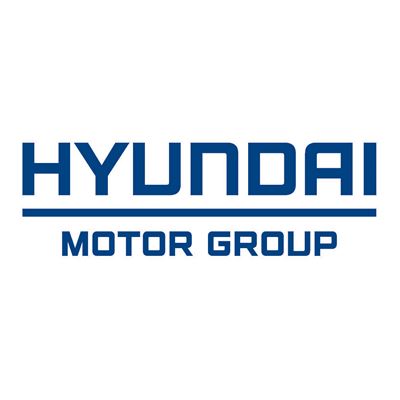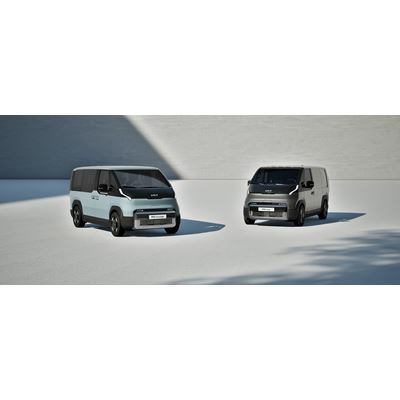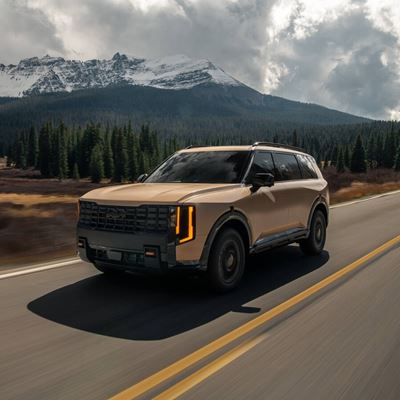Hyundai Motor Group Launches Next Urban Mobility Alliance to Advance Inclusive Smart City Mobility
- Hyundai Motor Group unveils NUMA, a public-private initiative to build a future mobility ecosystem powered by AI and autonomous technologies
- The alliance aims to transform transportation environments, especially for communities with limited transportation access and people affected by mobility barriers, through inclusive mobility innovation and smart city integration
- NUMA promotes open collaboration across government, industry and academia to accelerate the adoption of AI-powered mobility solutions
Hyundai Motor Group (the Group) today officially launched the Next Urban Mobility Alliance (NUMA), a public-private partnership initiative to transform urban transportation environments through advanced mobility technologies. The alliance aims to address social and environmental challenges by fostering inclusive mobility innovation and accelerating the transition to smart cities.
The launch ceremony, held at the Grand Walkerhill Seoul, marked the formal establishment of NUMA’s open collaboration framework, bringing together government, industry, academia and research institutions. Attendees included Hee-up Kang, South Korea’s Vice Minister for Transport, and Chang Song, President and Head of the Advanced Vehicle Platform (AVP) Division at Hyundai Motor Group.
NUMA was first announced at the Group’s Pleos 25 conference in March, as part of Hyundai Motor Group’s broader vision to redefine mobility through artificial intelligence (AI), autonomous driving and software-defined vehicles (SDVs).
An Open Alliance for Inclusive Mobility Innovation
Built on an open alliance model, NUMA welcomes ongoing participation from diverse sectors to co-develop a cloud-based mobility ecosystem. The alliance is structured around a three-phase roadmap:
- AI transformation of local transportation systems
- Deployment of Autonomous Mobility-as-a-Service (MaaS)
- Expansion of AI mobility to enable smart city development
NUMA will serve as a platform for technology demonstrations, policy alignment and cross-sector collaboration to advance the mobility transformation. Hyundai Motor Group showcased several inclusive mobility prototypes at the launch event, including AI-powered transport solutions, nano mobility devices and universal design vehicles tailored to the needs of people with limited mobility due to age, disability or social conditions.
NUMA currently includes 31 participating organizations, spanning:
- Government ministries and public agencies: Ministry of Land, Infrastructure and Transport; Ministry of the Interior and Safety; Gyeonggi Provincial Government; Korea Transportation Safety Authority (TS) and more
- Private sector companies: Hyundai Motor Company, Kia Corporation, Hyundai Card, KT, CJ Logistics, Naver Cloud, Tmap Mobility, Hanwha General Insurance and more
- Academic and research institutions: Seoul National University (SNU), Yonsei University, Korea National University of Transportation, Korea Transport Institute (KOTI) and more
“Autonomous driving and AI represent a powerful shift that will reshape our everyday life,” said Chang Song. “As a founding partner, Hyundai Motor Group is committed to realizing inclusive mobility through technology — connecting communities and improving access for those with limited transportation options — and further driving a global mobility transformation in more cities around the world.”
“Mobility is no longer just infrastructure — it’s an essential service that connects people and supports daily life,” Hee-up Kang added. “Everyone should be able to travel freely and safely, whenever and wherever they choose. I look forward to seeing public and private sectors work together to build a more inclusive and equitable transportation environment.”
Beyond NUMA: Expanding the Mobility Frontier
In addition to NUMA, Hyundai Motor Group is actively addressing mobility challenges for regions with limited transportation access and people facing mobility challenges:
- Shucle: An AI-powered demand-responsive transport (DRT) platform offering dynamic routing for on-demand mobility.
- ‘R1’ device and Nano Mobility: Mobility solutions integrated with Shucle platform to improve access for vulnerable groups.
- Autonomous Vehicle Foundry (AVF): A global initiative to supply electric vehicles equipped with autonomous driving technologies to mobility companies and service providers.
Further reinforcing its commitment to software-defined mobility, Hyundai Motor Group recently hosted the Pleos SDV Standard Forum on August 20. The event laid the foundation for a software-centric collaboration framework ahead of SDV mass production, aiming to enhance industrywide readiness and foster a robust ecosystem for future mobility.
